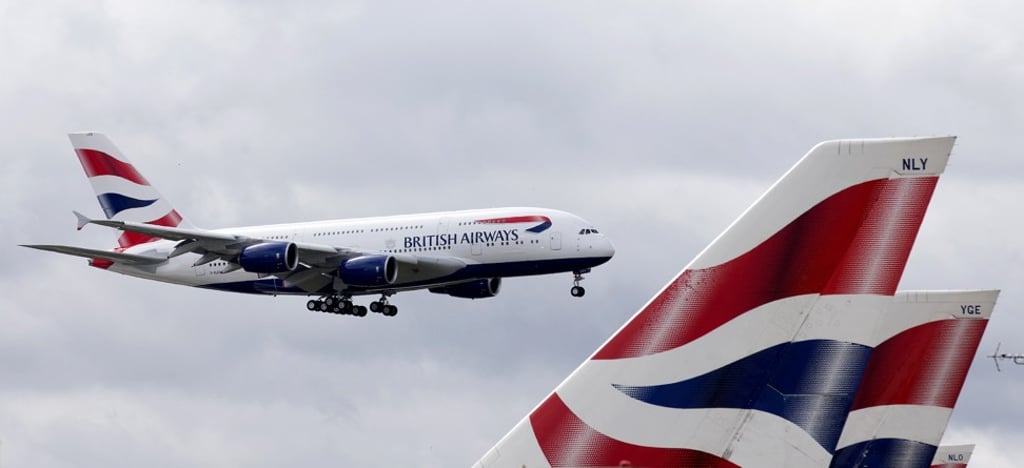Climate change and flying: the best airline carbon offset schemes, and how to turn ‘flight shame’ into action
- Carbon offsetting schemes allow people and companies to invest in projects that reduce greenhouse gas emissions to compensate for their carbon footprints
- Major airlines have announced carbon offsets and targets for net-zero-carbon flights, but which have the best schemes? And what lifestyle changes can you make?

Carbon offsetting will be one of the biggest travel trends of 2020, and even of the decade, in large part thanks to pressure from climate change activists such as the Swedish teenager Greta Thunberg and Extinction Rebellion. Flygskam – the Swedish concept of “flight shame” – is now in everyday speech, and airlines are taking note.
Carbon offsetting works by investing in projects to reduce emissions elsewhere by a comparable amount.
British low-cost airline easyJet was the first major airline to declare it would operate net-zero carbon flights across its entire network. Its November announcement that it would begin carbon offsetting for fuel burned on its flights by investing in Gold Standard and Verified Carbon Standard schemes that plant trees shook the airline industry.
There’s no doubt that it’s European airlines that have taken the lead. The new year began with British Airways announcing it would begin offsetting carbon emissions on domestic flights from January 1, and Air France announced a similar scheme. On January 6, JetBlue announced its programme that aims to offset up to 17 billion pounds of carbon dioxide (CO2) emissions per year.

So where are Asian airlines in all this? None has announced a major zero-carbon-emissions programme, although most do have voluntary programmes that passengers can buy into if they wish. These are published on the airlines’ websites and are flagged up when you buy a ticket online. The problem is, how does the passenger know if those programmes are effective? Will they really offset your carbon emissions or simply ease your guilt?